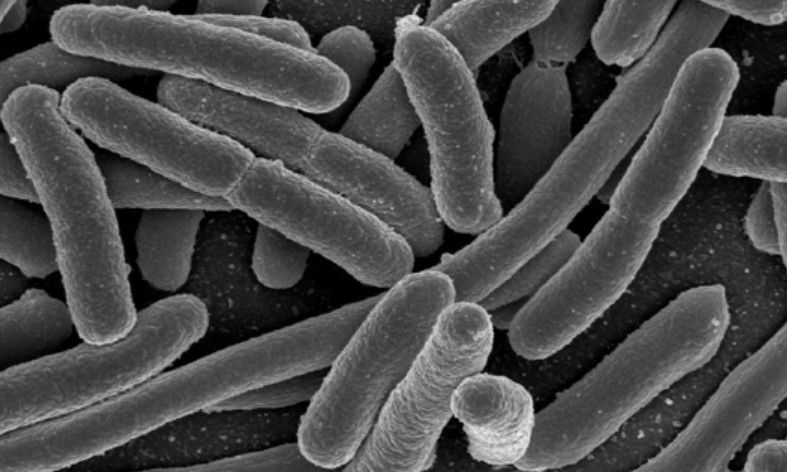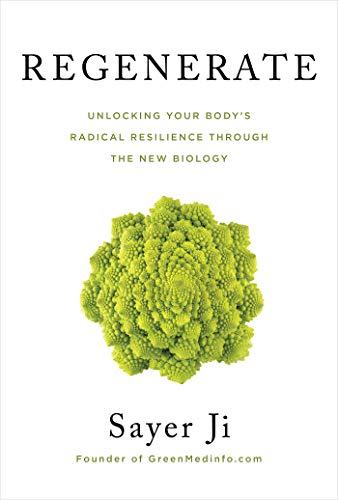 By Sayer Ji
By Sayer Ji
Cultured food has a wide range of health benefits, but did you know that the microbes found within fermented food are capable of breaking down certain highly toxic chemicals in our gut?
A compelling study published in Letters in Applied Microbiology shows that a commonly used food probiotic known as Lactobacillus plantarum is capable of degrading dangerous pesticide residues in wheat (pirimiphos-methyl), confirming the traditional fermentation-based food-processing technique known as culturing can significantly improve the safety of conventional food.
The researchers found that Lactobacillus plantarum enhanced the degradation of the pesticide from 15-34%, a close to 81% enhancement. The significance and impact of the study was described as follows:
“Pesticide residues are an unavoidable part of the environment due to their extensive applications in agriculture. As wheat is a major cultivated cereal, the presence of pesticide residues in wheat is a real concern to human health. Reduction in pesticide residues during fermentation has been studied, but there is a lack of data regarding pesticide residues dissipation during cereal fermentation. Present work investigates the dissipation of pirimiphos-methyl during wheat fermentation by L. plantarum. Results are confirmation that food-processing techniques can significantly reduce the pesticide residues in food, offering a suitable means to tackle the current scenario of unsafe food.”
Conventional wheat and other commonly consumed grains receive post-harvest pesticide treatment to prevent their infestation during storage. [1] Very little degradation occurs during storage, and milling does not significantly reduce the bulk of the chemicals, but in fact results in the distribution of their residues in various processed products. This has raised particular concern in regard to the contamination of baby-food products containing cereal ingredients,[2] especially since wheat bound pesticides such as pirimiphos-methyl have been found to have high bioavailability in animals.[3] [4]
 Regenerate: Unlocking Your Body’s Radical Resilience through the New Biology
Regenerate: Unlocking Your Body’s Radical Resilience through the New Biology
The natural-health movement has long advocated for reducing the well-known antigenicity and allergenicity of cereal grains through sprouting, fermentation and culturing (e.g. the sourdough process in bread making), but this new finding sheds light on another way in which these traditional methods may reduce the bodily burden of not just natural (e.g. gluten, lectins) but manmade toxins, as well.
Previous groundbreaking research has found that lactic acid producing (Lactobacilli) bacterial strains from the fermented cabbage-based Korean food known as kimchi are capable of degrading four different organophosphorous insecticides by using them as a source of carbon and phosphorous. [5] [6] In fact, probiotics have been found to potentially offset a wide range of modern-day toxic exposures, including Bisphenol A, chemotherapy, gluten, aspirin and sodium nitrate (See: 8 Ways Microbes Can Save Us From Ourselves).
Ultimately, the best way to avoid pesticide exposure is to consume organically produced food, or better yet, biodynamically farmed food where no petrochemical inputs are used from the bottom up (soil to harvest). But, failing this increasingly difficult task to obtain entirely chemical-free food, it behooves us to recognize the value of food culturing and fermented food for our health.
For additional information read The Amazing Healing Properties of Fermented Food.
References [1] http://www.ncbi.nlm.nih.gov/pubmed/16546885 [2] http://www.ncbi.nlm.nih.gov/pubmed/16546885 [3] http://www.ncbi.nlm.nih.gov/pubmed/1527359 [4] http://www.ncbi.nlm.nih.gov/pubmed/1728032 [5] C Phillip Shelor, Andrea B Kirk, Purnendu K Dasgupta, Martina Kroll, Catrina A Campbell, Pankaj K Choudhary. Breastfed infants metabolize perchlorate. Environ Sci Technol. 2012 May 1 ;46(9):5151-9. Epub 2012 Apr 20. PMID: 22497505 [6] Kye Man Cho, Reukaradhya K Math, Shah Md Asraful Islam, Woo Jin Lim, Su Young Hong, Jong Min Kim, Myoung Geun Yun, Ji Joong Cho, Han Dae Yun . Biodegradation of chlorpyrifos by lactic acid bacteria during kimchi fermentation. J Agric Food Chem. 2009 Mar 11;57(5):1882-9. PMID: 19199784
Sayer Ji is founder of Greenmedinfo.com, a reviewer at the International Journal of Human Nutrition and Functional Medicine, Co-founder and CEO of Systome Biomed, Vice Chairman of the Board of the National Health Federation, Steering Committee Member of the Global Non-GMO Foundation.
Disclaimer: This article is not intended to provide medical advice, diagnosis or treatment. Views expressed here do not necessarily reflect those of GreenMedInfo or its staff.
Source: GreenMedInfo
Become a Patron!
Or support us at SubscribeStar
Donate cryptocurrency HERE
Subscribe to Activist Post for truth, peace, and freedom news. Follow us on SoMee, Telegram, HIVE, Flote, Minds, MeWe, Twitter, Gab, What Really Happened and GETTR.
Provide, Protect and Profit from what’s coming! Get a free issue of Counter Markets today.

Be the first to comment on "Nasty Pesticide Broken Down by Probiotic Used In Culturing Food"